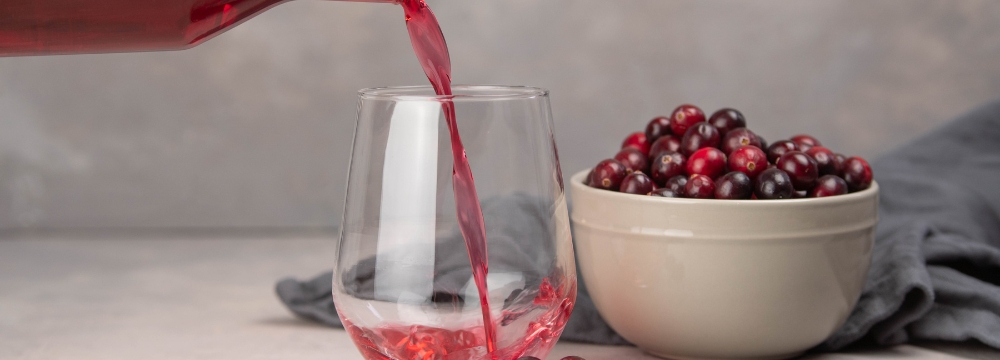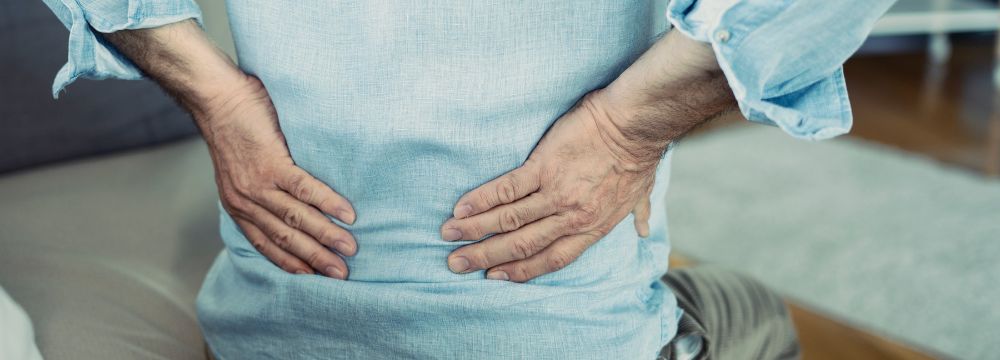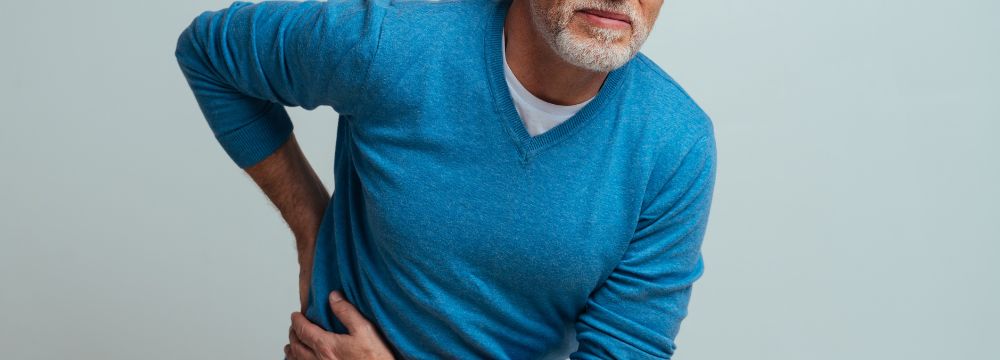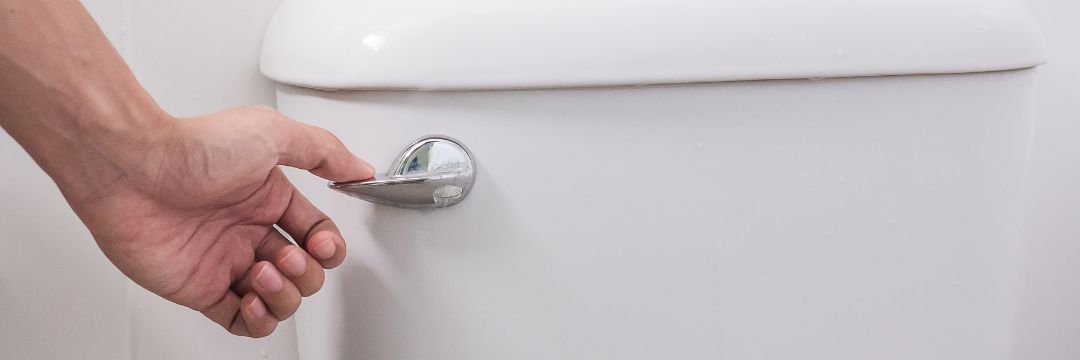
As the weather starts to warm up and summer comes into full swing, one of the most common visits we receive revolves around back pain, which quite often is related to kidney stones. Summer is prime time for kidney stones, as a tendency toward dehydration and hot weather often conspire to form these incredibly painful crystals in the ureters and kidneys themselves.
Many of our patients wonder if the traditional remedy of cranberry juice makes a difference in treating kidney stones, and today we aim to dispel that myth. The short answer is that cranberry juice does not reduce the incidence of kidney stones. There is some truth to cranberry juice improving or preventing urinary tract infections (UTIs), but as it relates to kidney stones, it simply isn’t the case.
The truth about cranberry juice
If you’ve ever tried a cranberry, you’ll know that it is incredibly bitter, so to get the sweetness that you enjoy from store-bought cranberry juice cocktails, a ton of sugar is added. This is decidedly less healthy than what you may think. Unfortunately, cranberry juice ends up being a bit of a sugar bomb that might have more problematic effects on your overall health and metabolism than benefits to your urologic health.
The best ways to prevent kidney stones.
Ultimately, the best way to prevent kidney stones is by always staying hydrated. This means drinking at least 64 ounces of water a day, but you may need significantly more if you’re spending lots of time outdoors in the heat or if you are exercising. Let your urine be a guide. When you go to the bathroom, you should see light, straw-colored urine throughout the day. If it’s always white, you might be drinking too much. If it’s dark yellow, you’re certainly drinking too little. Remember that thirst is a reactive factor, meaning that by the time you’re thirsty, you are already dehydrated.
Why does dehydration matter?
Ultimately, dehydration means that the kidneys are lacking water, which slows the flow of urine and allows crystals to form within the kidneys and surrounding structures. As we often say, stones make more stones, and this is because, much like a snowball, new tiny crystals attach to the original stone and make it ever larger. Unfortunately, once a stone has formed, it cannot be reversed. Hopefully, it will be flushed out in urine before it becomes too large to lodge in the tubes that deliver urine into the bladder. But once the stone is larger than four or five millimeters, it’s likely to get stuck and cause the excruciating pain that is the hallmark of a kidney stone.
What about not eating spinach, peanuts, etc.?
Foods containing oxalates, like spinach, beets, rhubarb, peanuts, almonds, and more, may indeed increase the risk of kidney stones. However, we never suggest that patients stop eating these incredibly healthy foods, as their metabolic benefits far outweigh the risk of kidney stones. With that said, however, patients with recurring kidney stones may have to change their diet and remove these foods if they are found to be causing or exacerbating the issue. Once again, focusing on hydration is the best way to prevent kidney stones, regardless of your eating habits.
Lifestyle Change
Our urinary health is intricately tied to our lifestyle, and many of the things we do and eat are either conducive to or detrimental to proper urinary health and kidney stone prevention. It’s essential to practice good diet and exercise habits to reduce the risk of kidney stones and other urinary issues. Even losing a little bit of weight by eliminating the most egregious foods from your diet can make a huge difference.
The bottom line
We are approaching kidney stone season, and we hope that you can avoid the excruciating pain associated with this condition by hydrating and ensuring you modify your lifestyle to address any accumulation and stone formation within your kidneys. Of course, if you experience the pain associated with kidney stones, we encourage you to visit our office as soon as possible to have them treated.





